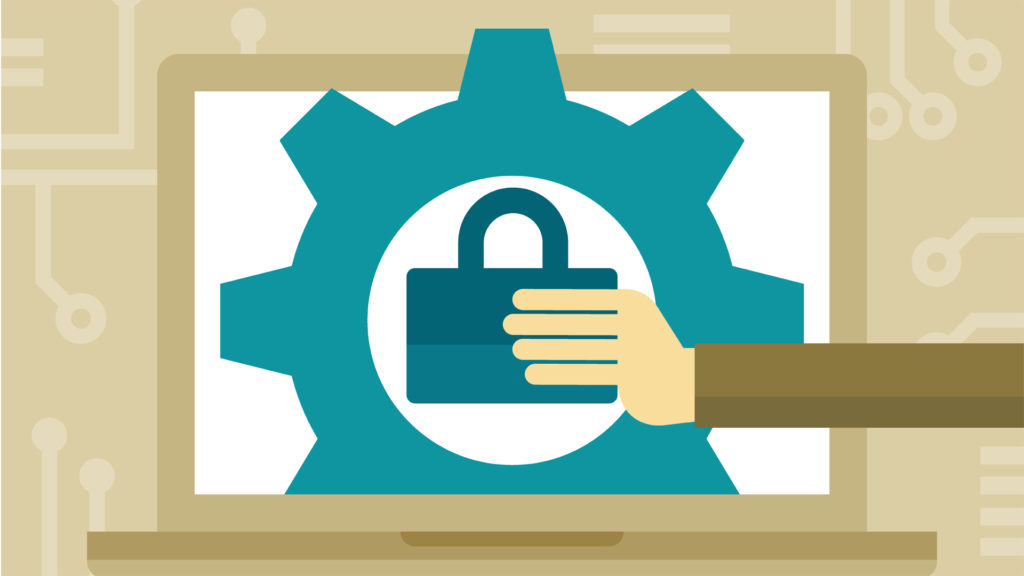
Recently, it emerged that Facebook had suffered a massive data leak that put its 533 million users at risk, according to Bloomberg. Ironically, Facebook CEO, Mark Zuckerburg, also had his date compromised in the hack.
This large-scale leak happened in January and hackers immediately pounced on the data, which isn’t surprising, given that the leaked data contained the phone numbers, email addresses, birthdays, photos, biodata, passwords, etc of 533 million users from as many as 106 countries. Of these 533 million records, almost 32 million were from the US, 11 million from the UK, and 6 million from India.
If you want to know whether your data was part of the leak, there are a few key steps you can take to check whether your confidential information has been scavenged in this or any other leak in the past.
How to check if your data has been leaked in a hack?
After so many cases of cybersecurity, a lot of cybersecurity websites have been created for users to be able to check whether their personal data has been compromised in any way. One such popular website is haveibeenpwned.com and it helps you locate possible breaches of your data. You can use the website to check the security of your sensitive information by taking the following steps:
- Click on the link above or type it into your browser on your mobile or laptop
- Enter your email address into the search bar on the website and select Enter
Thr website will give you a comprehensive list of leaked databases where your email address was leaked and also a list of the companies that have your data and have also been breached before. This shows you possible breaches of your data and from where they could have been hacked.
If your email address has also been compromised, the website will give you a security warning and ask you to immediately change your password and enable two-factor authorization on your account to prevent any future hacking attempts.
If you find that your personal identification documents have also been breached and stolen, you must immediately update and change them to avoid the risk of identity theft by hackers who can use your documents for illegal purposes. It is also advisable to keep changing your passwords to all your accounts every few months and to keep your personal identity documents like passport, driver’s license, etc in a safe place and always updated.
You should also use a password manager to take care of all your passwords for all your accounts. Some reliable password manager services include 1password, LastPass, and Keeper. These paid services create and store very complex passwords for accounts and make them very hard for hackers to access. But if your data has already been leaked then you will still need to change all your passwords, no matter how secure.
